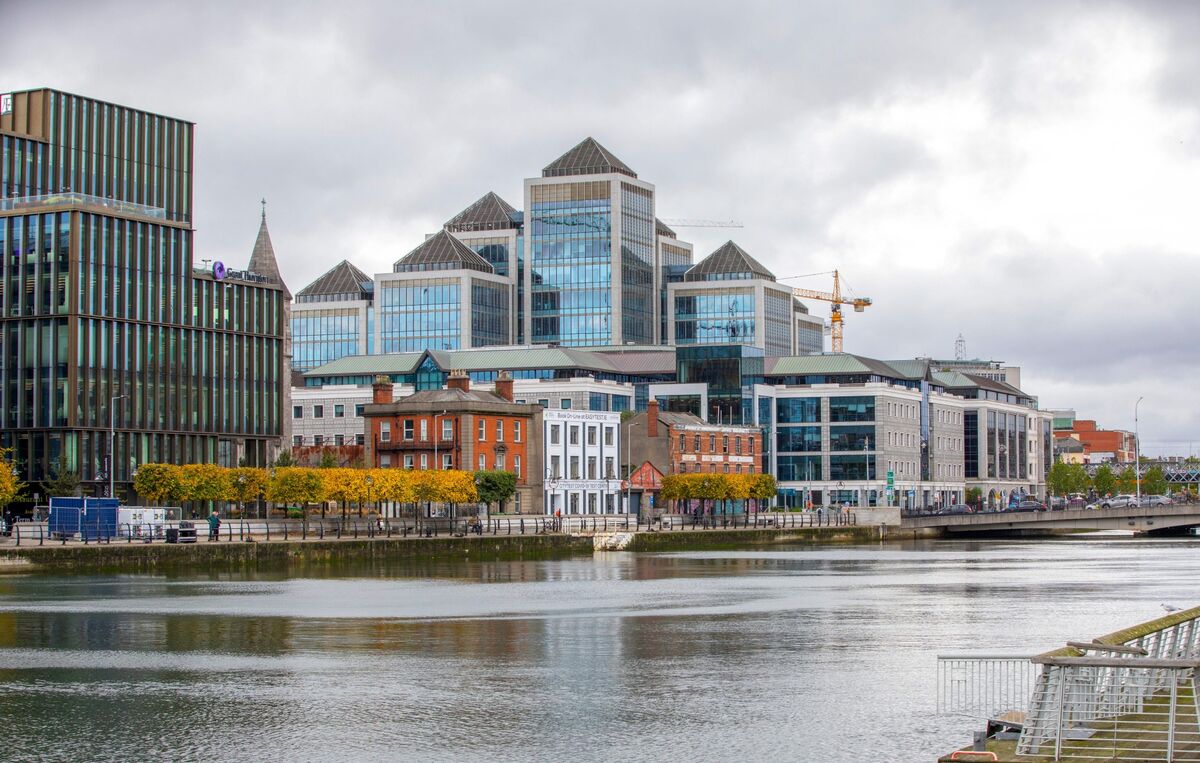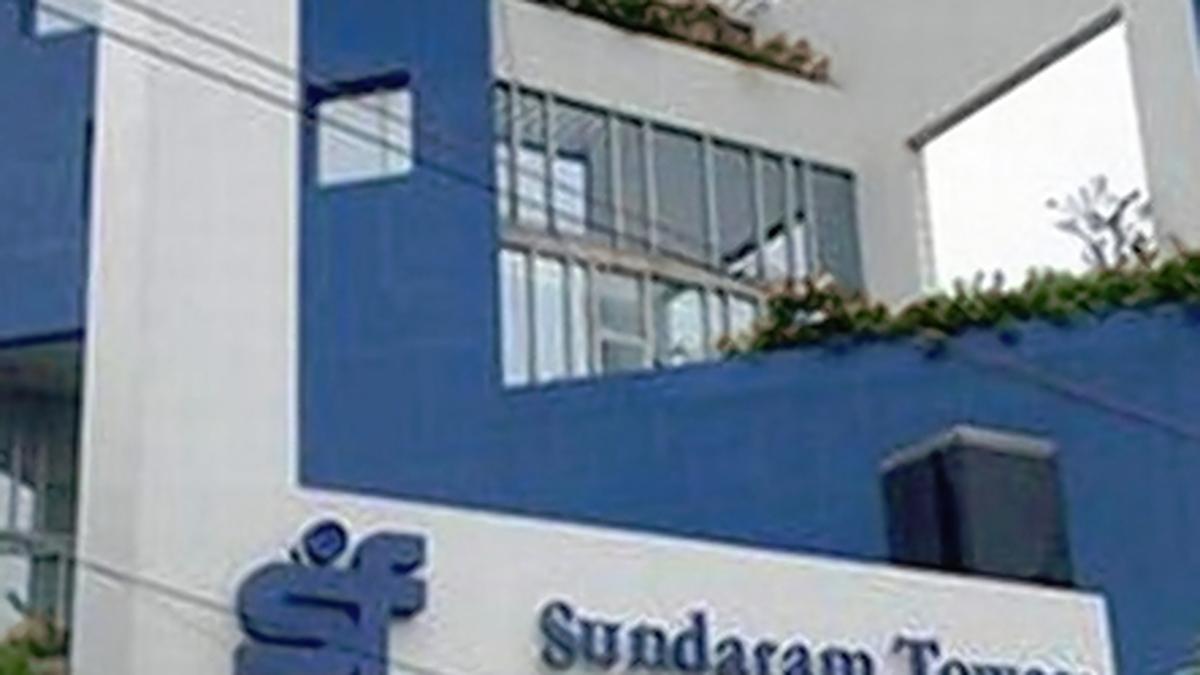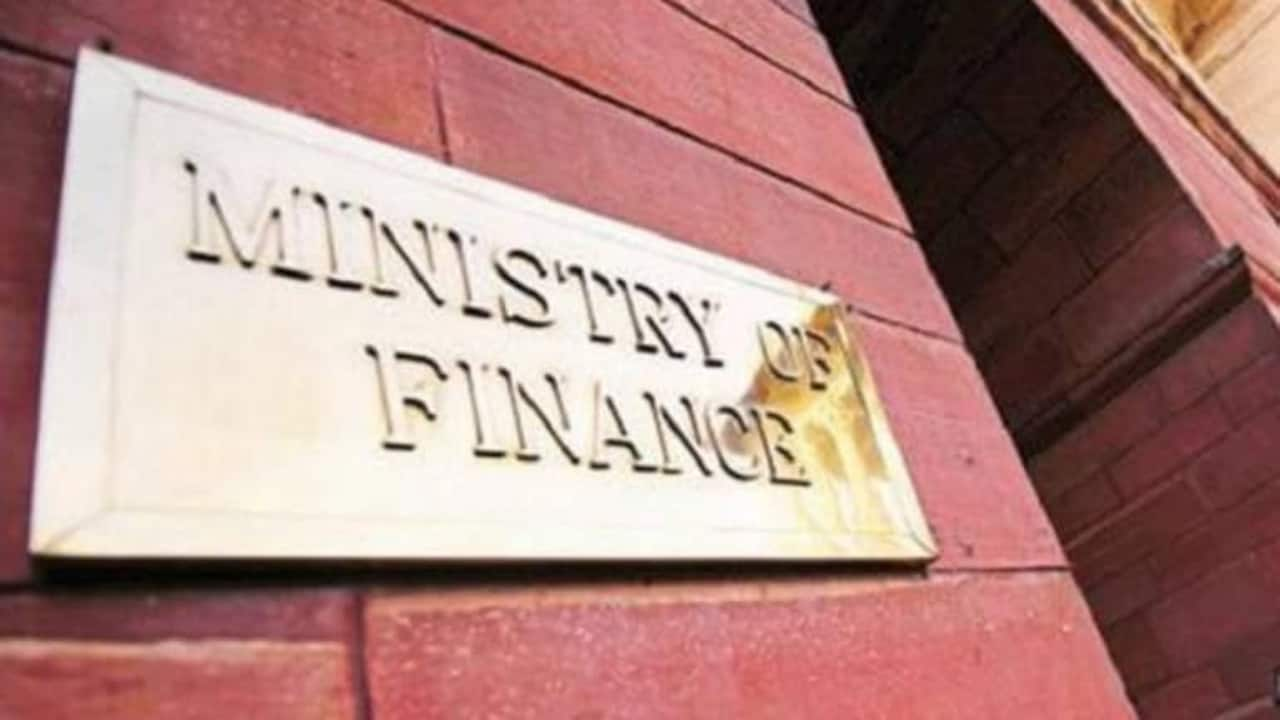US Tariffs Threaten Ireland's Financial Recovery: Will American Banks Face the Brunt?

Ireland's remarkable financial rebound, largely fueled by the presence of major US banks and multinational corporations, is facing a significant threat: escalating US tariffs. When the US government implemented sweeping tariffs against key trading partners in April, concerns quickly mounted about the potential impact on Ireland's economy, particularly its reliance on US investment and operations.
BlackRock Inc. CEO Larry Fink, recognizing the gravity of the situation, found himself in Ireland shortly after the tariff announcements. Ireland stands out as one of the nations most vulnerable to disruptions if US multinationals are compelled to scale back their international activities. The country has become a strategic hub for many US companies, drawn by its favorable tax environment, skilled workforce, and access to the European market.
The US-Ireland Economic Connection: A Vital Partnership
The relationship between the US and Ireland is deeply intertwined economically. US banks, including giants like Bank of America, JPMorgan Chase, and Citigroup, have established a substantial presence in Dublin and other Irish cities. They manage assets, provide financial services, and contribute significantly to Ireland's GDP. Furthermore, numerous US tech companies, pharmaceutical firms, and other multinationals have established European headquarters and operational centers in Ireland.
Tariffs: A Looming Shadow Over Ireland's Prosperity
The US tariffs, aimed at protecting American industries, have created a complex dilemma for Ireland. While Ireland understands the US desire to promote domestic manufacturing, the tariffs could trigger a domino effect, impacting the profitability of US companies operating in Ireland and potentially leading to reduced investment and job losses. If US companies are forced to reconsider their Irish operations due to increased costs and trade barriers, the country's economic growth could be severely hampered.
American Banks in the Crosshairs?
The question now is: will American banks, heavily invested in Ireland's financial sector, bear the brunt of this trade tension? While they are not directly targeted by the tariffs, they are exposed to the indirect consequences of US companies adjusting their global strategies. A decline in US investment in Ireland would inevitably affect the banks' operations and profitability.
Navigating the Uncertainty: Ireland's Response
The Irish government is actively engaging with US counterparts to mitigate the potential damage from the tariffs. Diplomatic efforts are underway to emphasize the importance of the US-Ireland economic relationship and to explore potential solutions that safeguard both countries' interests. Ireland is also diversifying its economy and seeking to attract investment from other regions to reduce its dependence on the US market.
Looking Ahead: A Precarious Balance
The future of Ireland's financial recovery hinges on the evolving trade landscape. The US tariffs represent a significant challenge, but Ireland's resilience, strategic location, and strong economic fundamentals offer a degree of protection. However, American banks operating in Ireland must carefully monitor the situation and prepare for potential disruptions. The balance between US protectionism and Ireland's economic prosperity remains precarious, demanding careful navigation and proactive measures.






